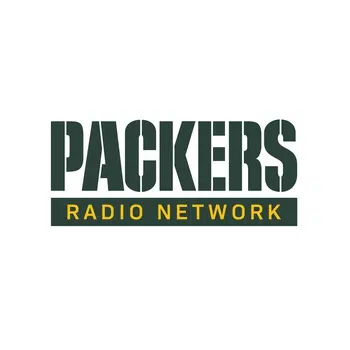By Yoruk Bahceli
AMSTERDAM (Reuters) – Ardagh Metal Packaging will sell green bonds worth about $2.8 billion on Friday, the biggest green issuance in the high-yield market to date, as a part of its plan to merge with a blank-check firm backed by billionaire Alec Gores.
Sub-investment-grade firms rarely issue green bonds, which fund environmentally-friendly projects. Just $12 billion was raised by such companies last year, according to Dealogic, a far cry from 2020’s overall green issuance of $270 billion, according to Climate Bonds Initiative.
The issue from Ardagh Metal Packaging, which is being spun off from Luxembourg-based global packaging group Ardagh Group, is triple the size of French recycling services group Paprec’s 2018 deal, the previous largest.
Ardagh Metal’s four-part deal was upsized from the $2.65 billion-equivalent initially offered, according to a lead manager memo seen by Reuters. It will sell dollar- and euro-denominated paper, raising the equivalent of about $1.15 billion via secured notes and about $1.65 billion-equivalent through unsecured notes.
Ardagh Metal was valued at $8.5 billion in the Gores-backed merger.
Azhar Hussain, head of global credit at Royal London Asset Management said the deal’s scale was “significant” for the high yield market, adding it could allow investors to gauge whether the ‘greenium’, or pricing benefit companies get from issuing a green bond, extends to the high yield market.
Unlike the vast majority of high-rated issuers that make up the green bond market, investing in junk debt generally requires more credit work given the higher risk of default and relative difficulty obtaining information about some issuers.
Spain’s Abengoa, which issued the first junk green bond in 2014, showed that green investors weren’t immune to default risk when it filed for bankruptcy in 2016.
GREEN DOWN THE LINE
In an investor presentation seen by Reuters, Ardagh Metal did not identify any immediate green use for the cash raised. It will provide the vast majority of the proceeds from the bond sale and new equity issuance to parent Ardagh, which will retain an 80% stake in the business, Ardagh said in a statement.
Ardagh in turn will use the funds to repay debt, pay potential dividends to its shareholders and other corporate purposes.
Within three years, the company plans to allocate funds equivalent to the bond proceeds to projects eligible for its green financing framework, which addresses areas like procuring recycled aluminium and using renewable energy.
“That’s a little bit unusual, because normally there would be a more clear-cut identification of specific projects,” said Thomas Thygesen, head of strategy and research, climate and sustainable finance at SEB.
Other companies, which target broader, company-wide sustainability goals rather than funding specific projects tend to issue sustainability-linked bonds instead, where interest payments rise if targets are missed.
Even so, Thygesen saw Ardagh’s deal as a sign of progress towards a mature green bond market that can fund a wider range of corporate capital needs.
“Ultimately, we’re hoping that this will turn into a complete market where you can do all the things related to your capital structure if you have the right ambitions and the right commitment.”
(Reporting by Yoruk Bahceli; Editing by Kirsten Donovan)




